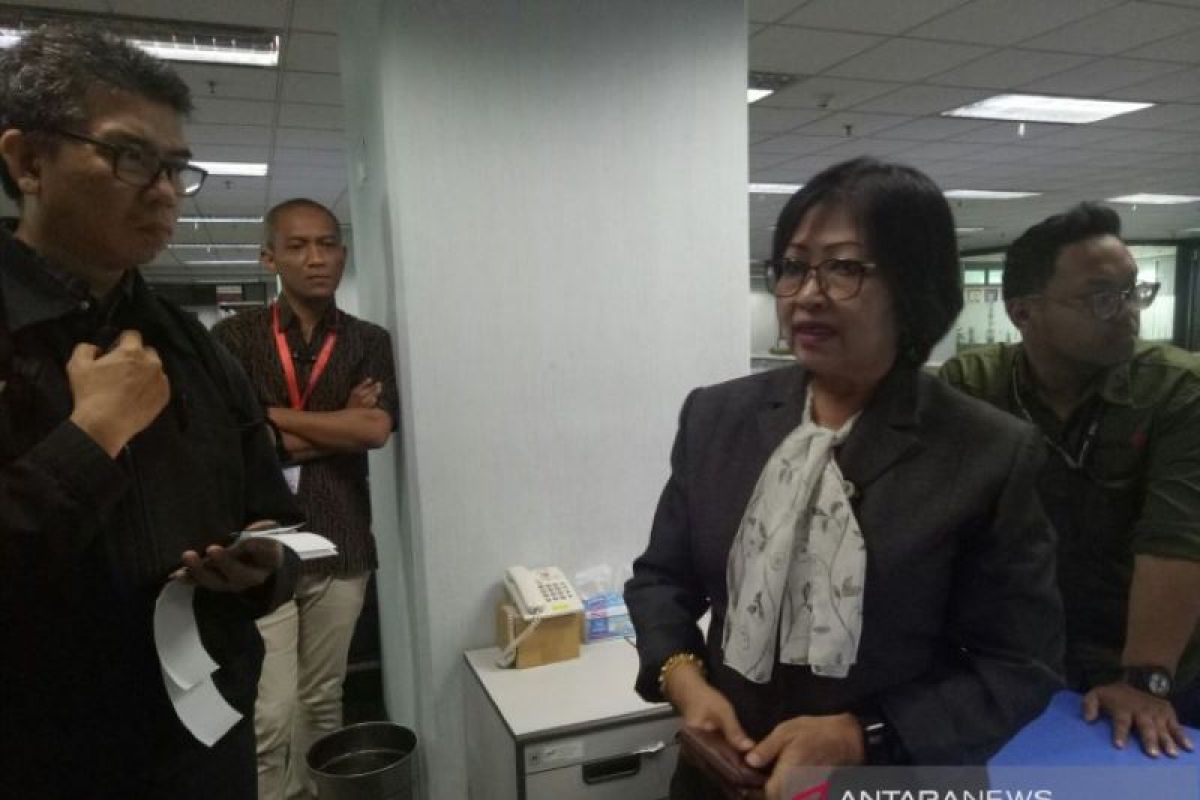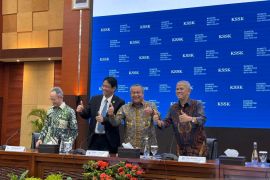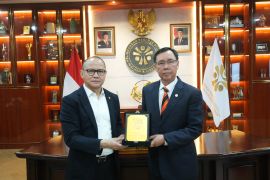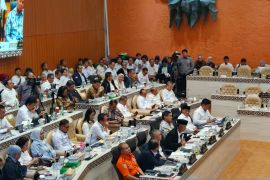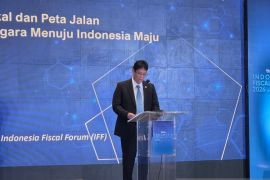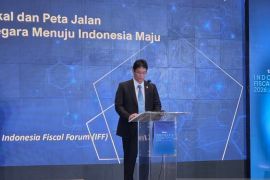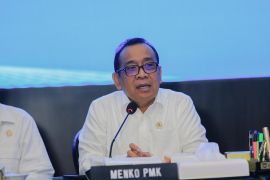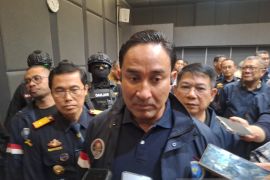During the voting process, (the computers/laptops) are not connected to any network," Andrari Grahitandanu, head of the e-electronic system program of BPPT, said here on Friday after conducting an e-election simulation.Jakarta (ANTARA) - The Agency for Technology Assessment and Application (BPPT) has said that an electronic election is spared from hacking because e-voting is done offline.
"During the voting process, (the computers/laptops) are not connected to any network," Andrari Grahitandanu, head of the e-electronic system program of BPPT, said here on Friday after conducting an e-election simulation.
Hacking only occurs when it is done online, she said.
If Indonesia wants to implement an e-election next time, the General Election Commission (KPU) needs to issue a regulation over the e-electoral process from the e-verification of eligible voters and e-voting to vote counting and dispatching of vote results, she noted.
The e-voting process is efficient and easy because it does not use ballot papers that take time to be distributed, folded and inserted into ballot boxes.
The online network will be used only for dispatching of vote results to the KPU and the Election Supervisory Board (Bawaslu).
Voting results will be automatically accumulated and recorded and can be printed so there is no chance for human error during the entry of votes, as is the current situation where the ballot counting and entry processes are being done manually, she said. Indonesia on April 17, 2019, organized simultaneous legislative and presidential elections, considered to be the world's largest and most complex single-day democratic exercise.
The complex elections saw unexpected martyrs -- 412 polling officers, 55 election supervisors, and 18 police officers -- dying of exhaustion. More than three thousand polling station officers fell ill due to fatigue after working long hours, up to more than 24 hours prior, during and after polling day.
The elections added complexity and increased the burden on over 192 eligible voters, who had to decide on their president, vice president, members of the House of Representatives (DPR), senators of the Regional Representative Council (DPD), members of the Provincial Legislative Council (DPR I), and members of the District/Municipality Legislative Council (DPRD II).
In addition to this, the National Campaign Team of presidential candidate Prabowo Subianto claimed that they found 9,440 incorrect vote data entries during the ongoing KPU vote count.
The KPU, however, insisted that the inconsistencies were few and were a result of human error.
Translator: Martha H, Fardah
Editor: Rahmad Nasution
Copyright © ANTARA 2019
